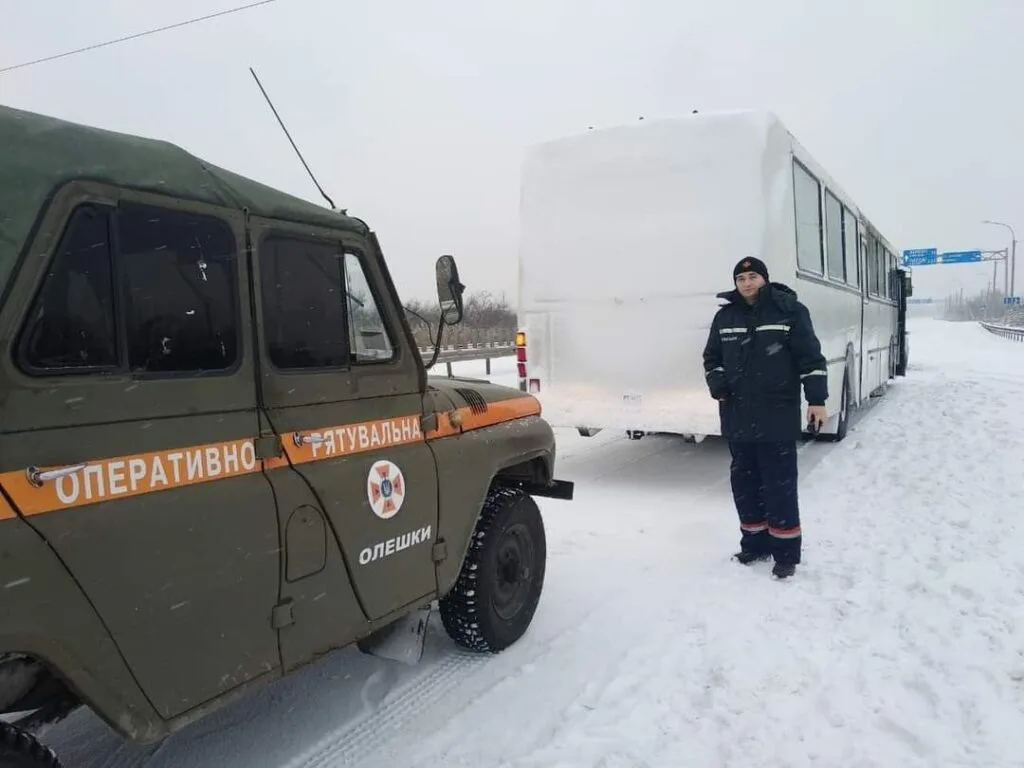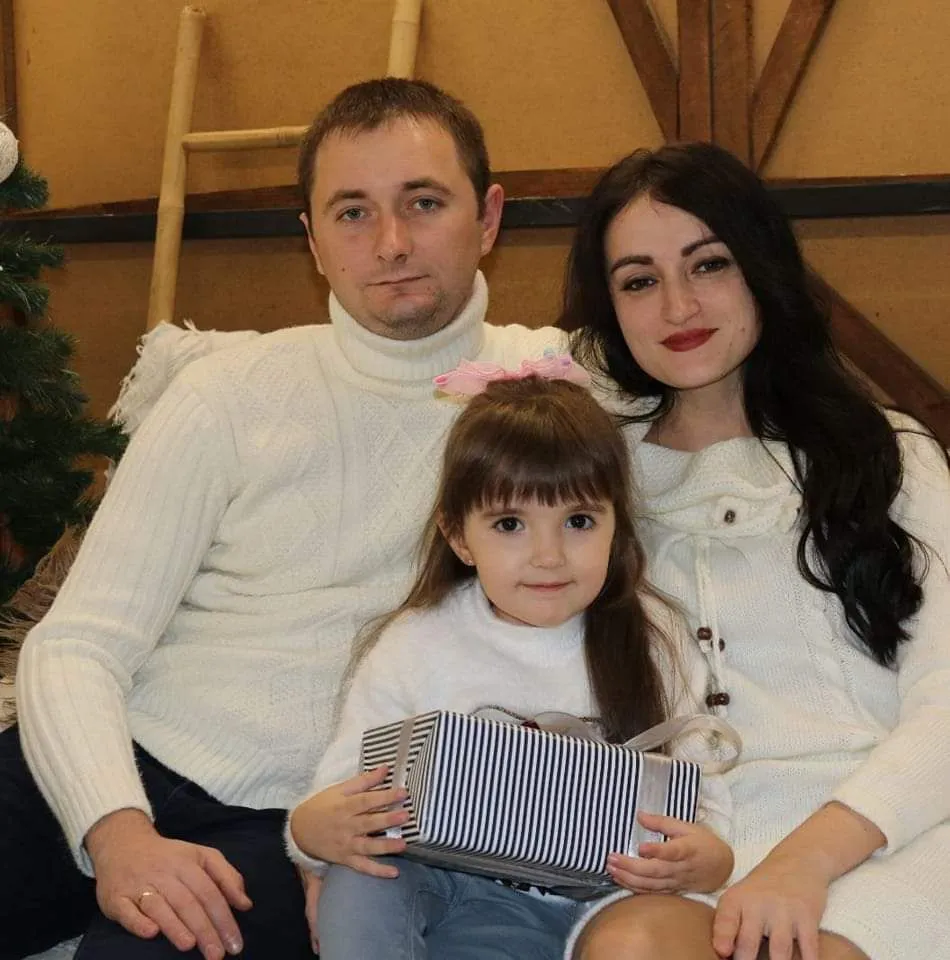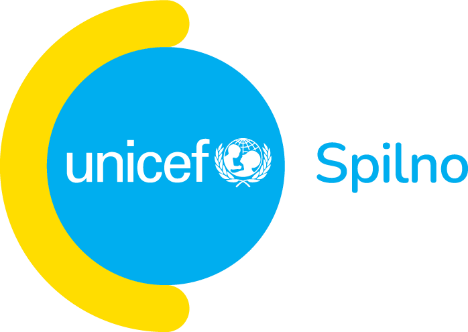“We will rebuild and work!” – Dmytro Dolzhenko tells about his fire and rescue unit in Oleshki, Kherson region. He started working as a simple rescuer there, and then was promoted to the head of the unit. And there, to the last, he assisted the military servicemen and civilians who suffered due to the Russian occupiers’ invasion.
They had the “conversation” with him 43 times, trying to convince him of the need to betray Ukraine and defect to Russia. He was forced to hide deep in forests and villages for two weeks to avoid doing so. He had to pass 27 checkpoints to reach the territory controlled by Ukraine. And in each checkpoint, he could have been turned back or simply killed.

The traitorous full-scale Russian invasion on February 24, as Dmitry admits, was a surprise.
“We woke up to rockets flying near our city because there was a military training ground nearby. My friends called and told me that war had broken out and that Russian troops were moving in our direction. I immediately ran to the unit. We all gathered together within half an hour, and already at around 10 a.m., wounded soldiers and civilians were beginning to arrive at the hospital en masse. The doctors could no longer cope, so everyone who could, helped them,” - Dmytro Dolzhenko tells.
“I saw helicopters flying over the city and landing troops. Columns of the occupiers’ military equipment passed by the fire station while tank muzzles were repeatedly pointed at it. Presumably, the building was perceived as some kind of military facility.
Dmytro and his colleagues continued to serve, giving their all to save people. After all, enemy rockets had hit residential buildings, and there were many wounded.

“None of them came to us for about two weeks, they did not bother us. But then the “conversations” began. They “conversed” with me 43 times. At first, it was relatively calm. They hinted that soon we would have to defect to their side. And roughly after May 9, they became more and more aggressive. Once they stopped me and ripped off the badges with the Ukrainian symbols and the symbols of our service. They then said that if in the future they saw someone with those badges, they would take them away and “communicate” in some other places,” - Dmytro recalls.
He tried to protect his subordinates against the “visitors” as much as was possible, taking the hit for them. However, the visits had already become daily, “conversations” continued for an hour, or even two. When they gave to him an ultimatum that in the morning he would have to “join the service of Russia”, Dmytro decided to leave even though he had been warned that he would not be allowed past the checkpoints.
He left by car together with two colleagues. They hid in villages and spent desperate nights in the fields, without food or water. Thus, they survived in hiding for a week, as the occupiers raided villages, looking for “undesirables”. They eventually came to Dmytro's father's house, and asked where he was.
At first, they wanted to leave through Davydiv Brid. They waited there, hidden in the field, for 4 days, but the bridge was blown up, so they had to go back. A few days later, they heard of an opportunity to leave through Vasylivka.
“We passed 27 enemy checkpoints. They checked our documents and rummaged through all our stuff at each and every checkpoint. I didn't have many things, but my colleague was taking his mother out. So they kept a lot of things. The occupiers shook out everything, they would take away socks, sneakers - everything and anything they liked,” - Dmytro tells.
He says that at first, they hadn’t even planned where they would go. But he went to the Rivne region – in early April he sent his wife and daughter over there because his sister had been evacuated from Kyiv to this region.
“We were very well received in the fire and rescue unit. When I decided to leave, I contacted the head office and told of my story. I was assured that everyone would be welcomed and given a place of service. And so it happened. We were met at the entrance, the guys had been accommodated in a dormitory from the day one,” - the rescuer tells.
Dmytro Dolzhenko continues to serve in his position. His daughter Olesia, who is five and a half years old, started going to kindergarten in Rivne. However, the whole family dreams of returning to the Kherson region. Dmytro dreams of returning to his unit, his wife Olha - to her clinic, where she worked as a medical worker, and Olesia - to her grandfather and great-grandmother.
“Rivne is a very beautiful city, where wonderful people live. But our home is there, and every day we hope that we will definitely go back to our homeland - Ukrainian Kherson region!” - Dmytro Dolzhenko says.

